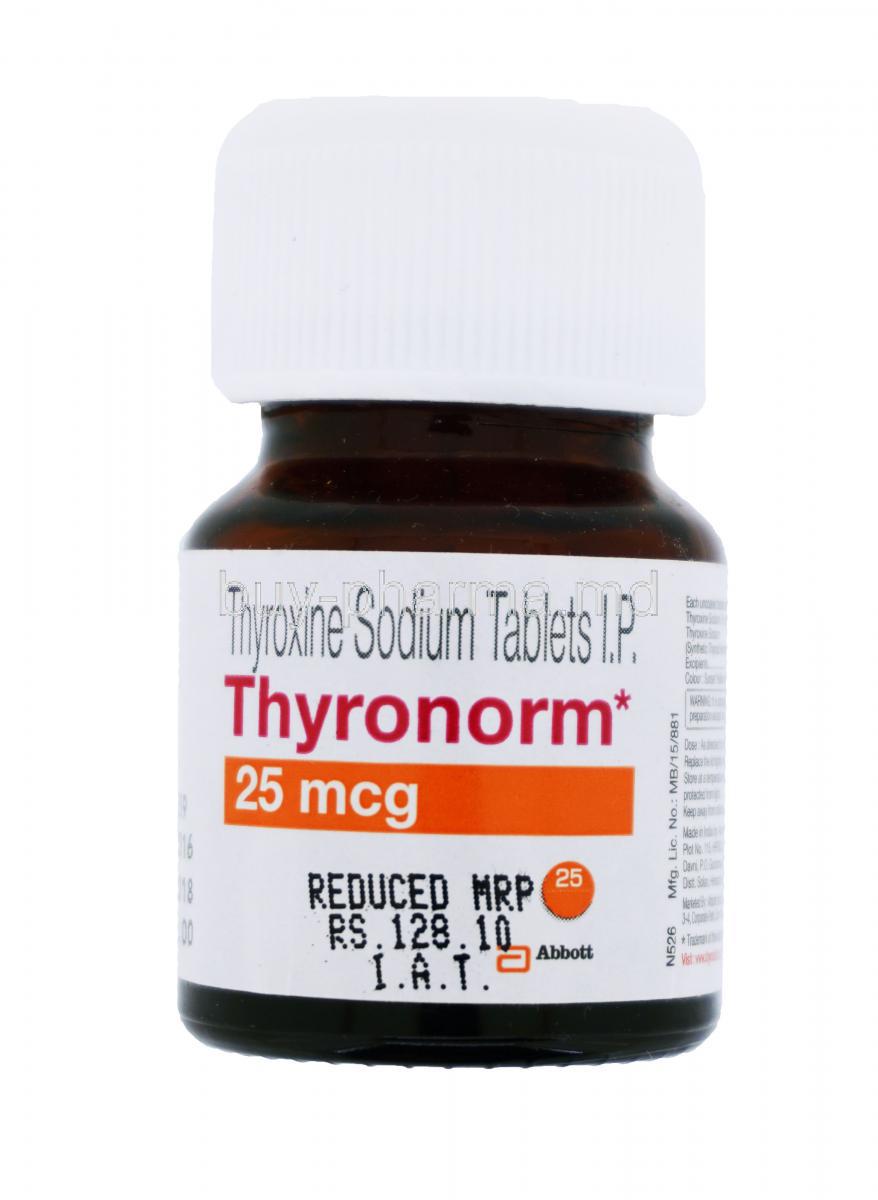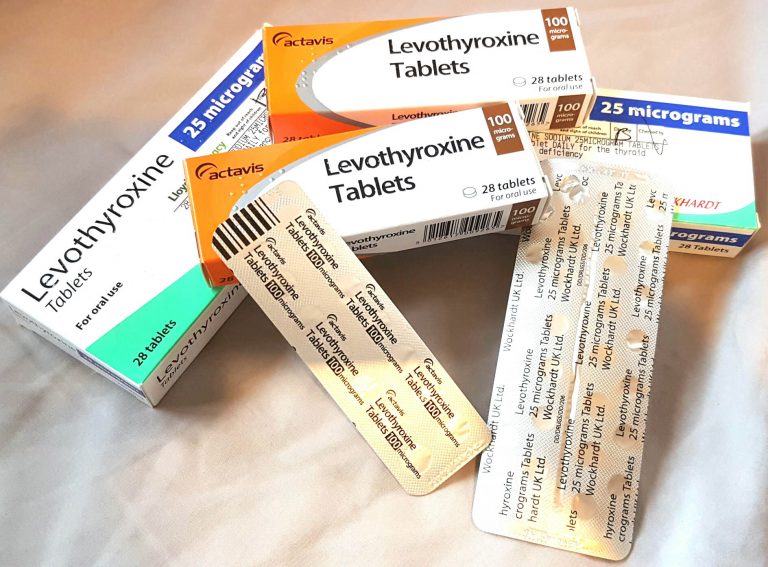

To make sure that your thyroid hormone replacement works properly, consider the following recommendations: Hypothyroidism can be a progressive disease. You will have lab tests to measure levels of thyroid hormones and TSH. Increased levels of TSH may indicate that you have an underactive thyroid or that thyroid hormone replacement needs to be increased. It controls how much thyroid hormone is released by making TSH that "stimulates" the thyroid. The pituitary gland plays an integral role in the functioning of the thyroid gland. Healthcare providers do careful blood testing to find the proper dose of hormone replacement therapy for each person. The blood tests reveal levels of thyroid hormones in the blood, as well as thyroid-stimulating hormone (TSH) released by the pituitary gland. How is thyroid hormone replacement therapy dosage determined? Treatment after the removal of the thyroid for benign or malignant diseaseĪfter treatment of hyperthyroidism by radioactive iodine ablation To control the growth of nodules on the thyroid gland

To control the growth of the enlarged thyroid gland (also called goiter) Other reasons for using thyroid hormone therapy may rarely include: This is a condition referred to as hypothyroidism.

Thyroid hormone therapy is generally prescribed when your thyroid is not making enough thyroid hormone naturally. Who needs thyroid hormone replacement therapy? The most commonly prescribed thyroid hormone replacement is pure synthetic thyroxine (T4). Thyroid hormone is usually given in pill form and is often used to treat an underactive thyroid that is secreting little or no thyroid hormones. Thyroid hormone therapy is the use of manmade thyroid hormones to raise abnormally low levels of natural thyroid hormones in the body. What is thyroid hormone replacement therapy?


 0 kommentar(er)
0 kommentar(er)
